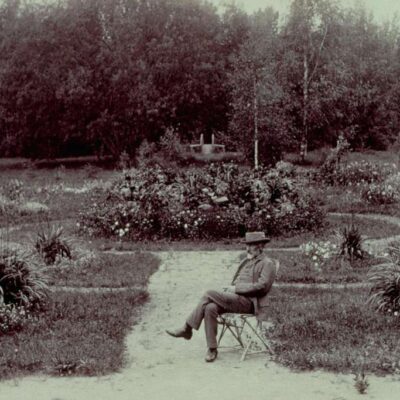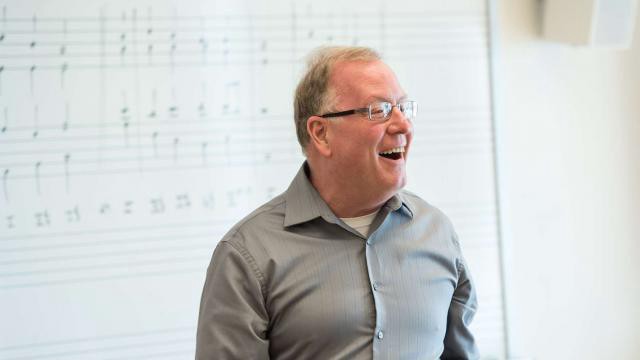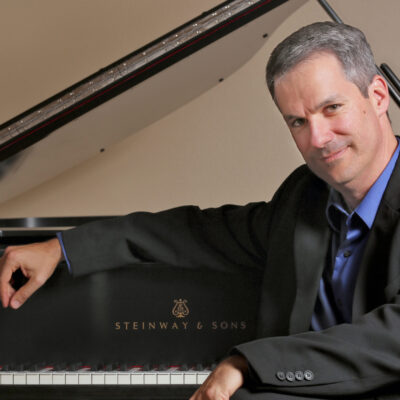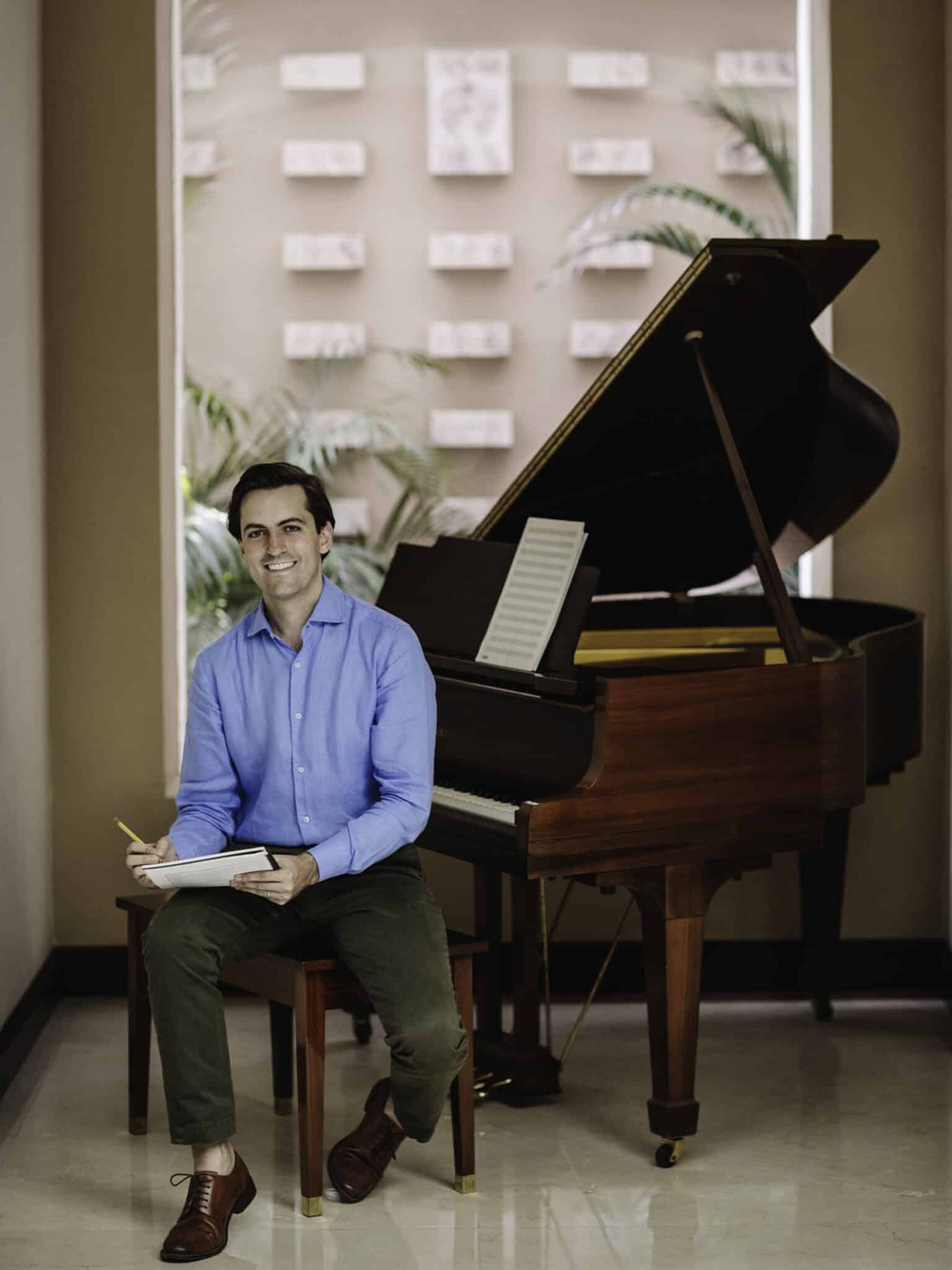
IT’S NOT OFTEN YOU HEAR OF AN ORCHESTRAL COMPOSER WITH EXPERIENCE TURNING TCHAIKOVSKY SCORES INTO HEAVY METAL! WE SAT DOWN WITH MECHICANO COMPOSER JUAN PABLO CONTRERAS TO ASK HIM ABOUT HIS JOURNEY TO BECOMING A MEXICAN AMERICAN CITIZEN, HIS INTRODUCTION TO ORCHESTRAL MUSIC THROUGH FAMILY AS WELL AS THROUGH SYMPHONIC METAL, AND HOW HIS EXPERIENCES HAVE INFORMED HIS UNIQUE STYLE OF COMPOSITION THAT HONORS HIS MEXICAN HERITAGE WHILE CELEBRATING WHAT IT MEANS TO BE AMERICAN.
We’re thrilled to have composer Juan Pablo Contreras present the consortium premiere of MeChicano, at our season opener COPLAND—AMERICAN TRADITIONS! Can you share with us a little about yourself and what drew you to composing music in the first place?
I’m originally from Guadalajara, Jalisco in Mexico, the land of tequila and mariachi. I grew up in a musical family: my mother is a concert pianist, so I started playing the violin when I was six years old, and I played in several youth orchestras.
Classical music wasn’t very popular in Mexico at the time, especially among the young, but rock and roll and heavy metal was very popular, so when I was about 14 years old, I switched lanes and I started playing electric guitar and singing in heavy metal bands, and and I put my violin aside.
Eventually, I started playing with a band that played “symphonic metal.” They wanted to combine the orchestra with heavy metal, so that kind of led me back to the orchestra world. We became curious about how to write for the orchestra, so we bought up a bunch of Tchaikovsky scores to try to figure it out. That’s also when I got my first Sibelius notation program so I could write scores on my computer.
I fell in love with the orchestra.
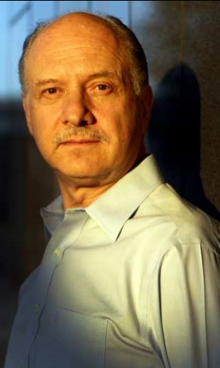
To write for orchestra, I thought the only medium in which I could write was film music. After high school, I moved to LA to study classical composition, with the idea of staying in LA to become a film composer. But when I moved here, I attended university at CalArts and the Mexican composer Daniel Catán, who was a very famous opera composer, taught there, so I was introduced to him. He was one of the first living composers that I met, and I couldn’t believe that he was Mexican and he was having so much success in the opera world and writing concert music.
So I switched lanes again and decided that I wanted to become a concert music composer. I studied with Catán and he was a very important mentor. He introduced me to important people in New York so that I could continue pursuing my education, and I got a master’s degree at the Manhattan School of Music. I spent six years in New York and then moved back to LA, and I’ve been here in LA for seven years.
So I’ve been coast to coast and slowly developing this language that combines Mexican music with classical music to tell stories about Mexico and to celebrate my country, my roots, and the traditions of Mexican people.
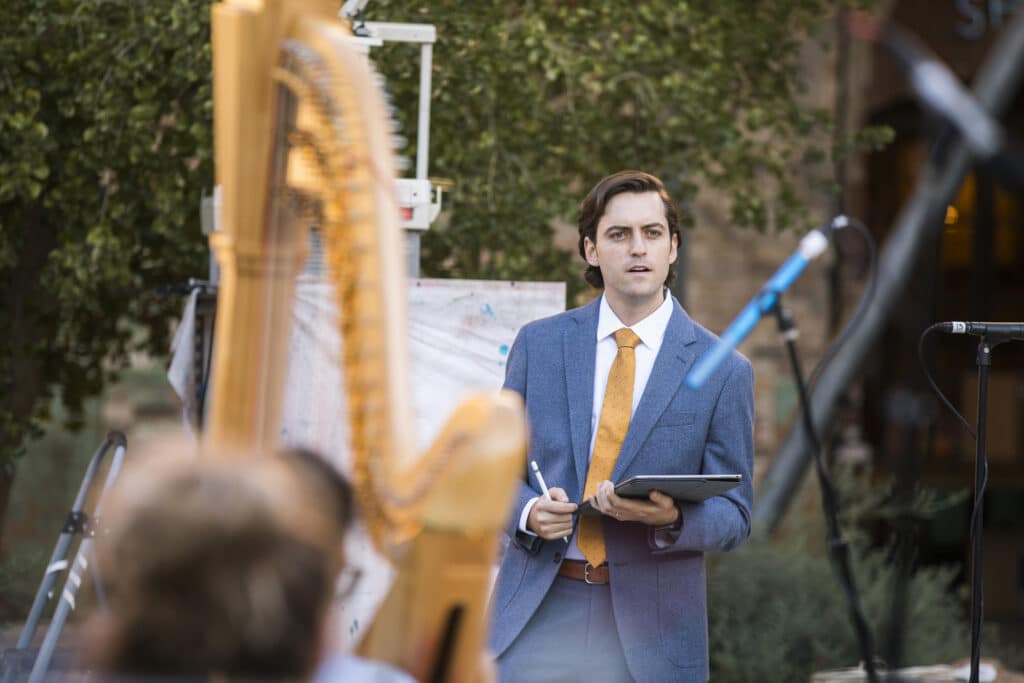
During the premiere with Las Vegas Philharmonic, Donato remembers you introducing MeChicano as: “Mexican popular music told through the lens of a symphony orchestra”. Can you tell us more about what you mean?
I wrote MeChicano as a tribute to Mexican Americans. I’ve been living in the US for the past 17 years, and I’ve had the privilege of meeting so many incredible Mexican Americans who have shared with me their journey, coming from Mexico and then becoming American.
This co-commission coincided with my becoming American as well, so I wanted to celebrate that after so many years living in the US, and what that meant for me as a composer, and how could that influence and change my music.
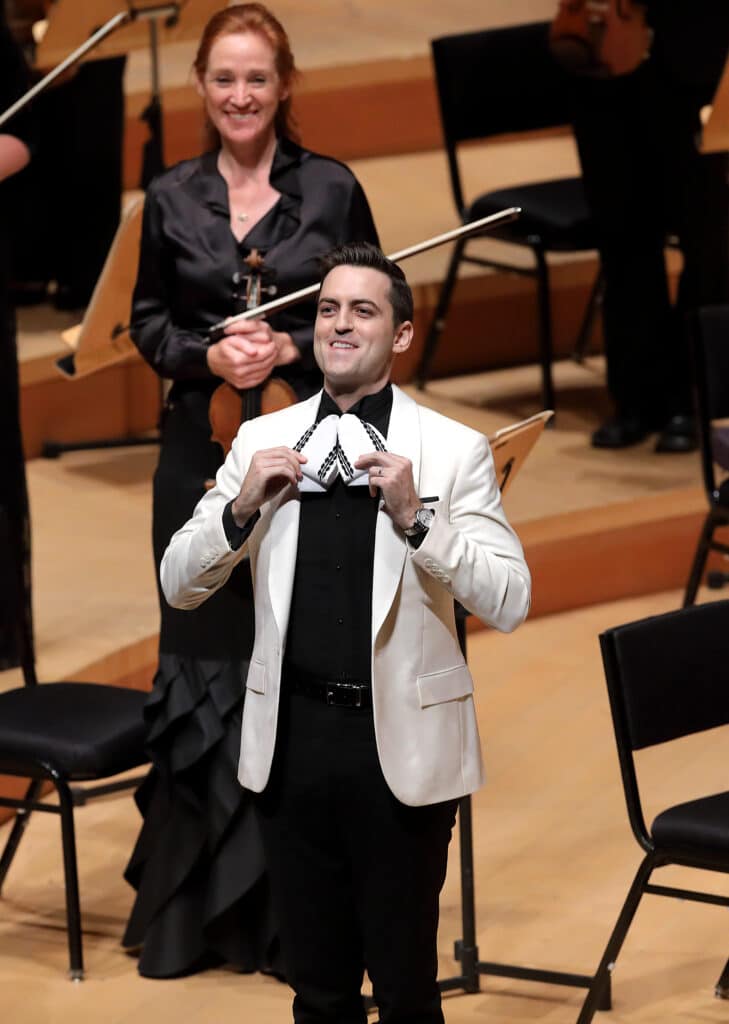
I decided to write a piece about this and as a tribute to Mexican Americans. As I was doing my research, I learned that in the 1980s when Mexican Americans became more prominent in the US, they organized these Saturday night dances where they would have a Mexican American orquesta—kind of like a blues band or jazz band—and they would play Mexican songs but infuse American style, such as rock and roll, R&B, and jazz, and blend them with Mexican songs. This was one of the ways in which Mexican Americans started to embrace and discover their new identities through music.
I thought that it would be a great idea to write a piece that could be like a setlist that you would hear one of these Mexican American orquestas playing at one of these Saturday night dances. There’s definitely a lot of influences from Mexican American artists such as Selena, Los Tigres del Norte, Ritchie Valens, Rock and Roll, so what you’ll hear is kind of an original take on what would be the greatest hits from these genres. There’s polka, Tex-Mex dance, and cumbia; there’s a pop song in the style of Selena, and there’s a rock and roll groove in the style of Ritchie Valens. MeChicano takes you on a journey through all of these dances and this melting pot of Mexican American flavor as a way to celebrate Mexican Americans, and to highlight their music and traditions.
One thing that I did in order to achieve this that is not typical was to add a drum set to the orchestra, so that they could have this kind of Mexican American band sound. Also there’s lots of solos for unique instruments, such as tuba, trombone, horn, a solo for three clarinets so that they could sound like a Tex-Mex accordion.
Part of the joy of writing this piece was to kind of recreate how Mexican American music sounds in popular music, but as Donato said, through the lens of a symphony orchestra.
As MeChicano premieres with California Symphony, there’s an added layer to your personal narrative – you recently became a U.S. citizen. Could you share with us how this piece tells your personal story?
Definitely MeChicano is a celebration of becoming a US citizen, and actually that the title of a piece is like halfway between “Mexican” and “Chicano.” So it’s like my transition from being Mexican to becoming Chicano, so that’s the made-up word that I created for this title that came from the process of becoming a Mexican American citizen.
It was a very long process. It took me about 10 years at least from when I started the whole process. I think this piece tells my story because I am definitely very proud of being Mexican and that has been a big part of my musical sound as a composer. I also love the orchestra. That’s my greatest passion. So it combines the two things that are very true to my identity now, as a Mexican American composing for orchestra. It definitely also addresses this novelty of now being Mexican American. It’s the first piece where I actually include American influences in my music—such as jazz, rock and roll, and R&B—and not just Mexican folk music, which used to be the main source of inspiration for my compositions.
It is also one of the biggest commissions that I’ve gotten. It was a consortium of six orchestras including California Symphony that joined forces to commission this piece, so it’s a huge honor and responsibility to write something that could resonate with people from all over the United States.
I think if there’s one thing that is a hundred percent American, it is this idea of the melting pot of many cultures, so I wanted to write something that was not just Mexican, but which belonged to this country and that people could connect to.
MeChicano is a consortium piece co-commissioned by multiple orchestras, including the Las Vegas Philharmonic, the Richmond Symphony, the Louisiana Philharmonic, the Tucson Symphony, and the Fresno Philharmonic. How was the experience of working on this piece for such a wide range of orchestras across the United States?
I think I was very lucky, and this wasn’t planned, but all of the six orchestras serve communities that have very large Mexican and Mexican American populations, so I definitely wanted to write something that resonated with these communities. I think “MeChicano” is is a tribute to them, to those communities, including in Walnut Creek! I didn’t know that it had such a big Mexican American population! That was definitely a strong consideration for me, thinking about who was going to hear this piece and writing something that was relevant to them and that would resonate with them as well.
I think always when you write something that is uniquely personal, the more personal and individual it becomes, the more universal it also becomes. Again, I think America is this melting pot of cultures, so MeChicano encourages people to think about what makes up their unique identity. What is their history? What is their heritage? Who are your ancestors? And what would a Saturday night dance party in your community sound like?
That’s what I want to inspire with this composition. I want to invite people to think about their own culture and what they cherish and what represents them.
The premiere of MeChicano with the California Symphony was initially set for the previous season but had to be rescheduled due to the joyous occasion of you becoming a father. Congratulations! Did becoming a parent influence your perspective on this piece in any way?
Yes, definitely! I think I found out I was becoming a father midway through writing MeChicano and I thought that would be like the perfect gift for my son who was born in the United States. So a new MeChicano, a Mexican American boy, was born as I was writing this composition.
It definitely made me think about my lineage and now my son being born in the United States, how that will shape his life. I think I’m very fortunate to always have this reminder whenever I listen to MeChicano, that not only did his mom and I become Americans during the writing of this piece, but he was also born, and we became an American family together as this piece was being created and premiered.
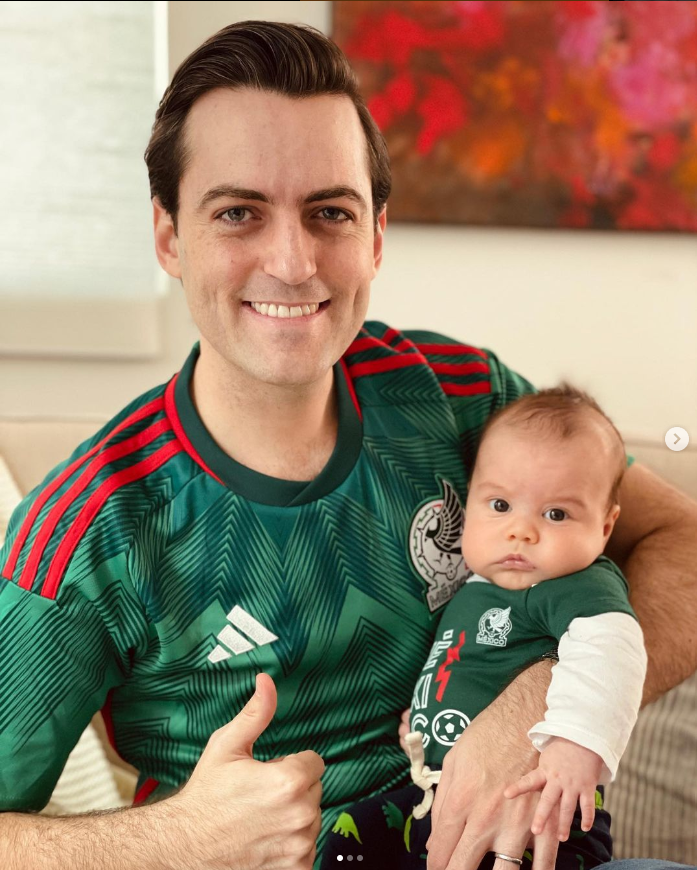
Actually, I’m very excited to share that he will be coming along for this premiere with the California Symphony—as well as his mom, and I’m sure we’ll take him to at least a couple of rehearsals so that he can hear the piece. It’s definitely a celebration for all of us.
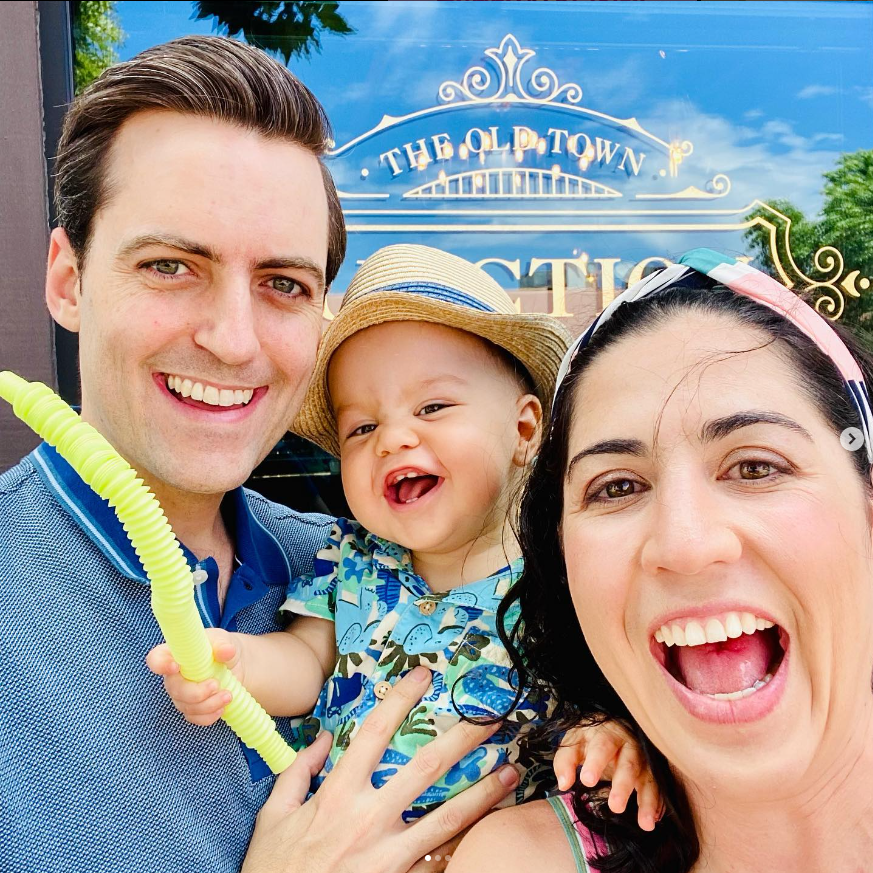
Experience Juan Pablo Contreras’ consortium premiere of MeChicano at COPLAND—AMERICAN TRADITIONS, Saturday, September 30 at 7:30 p.m. and Sunday, October 1 at 4 p.m. at the Lesher Center for the Arts in Walnut Creek. Tickets are $45 to $90 and $20 for students 25 and under, and include a free 30-minute pre-concert talk starting one hour before the performance. Buy tickets online or call or visit the Lesher Center Ticket Office at 925.943.7469, Wed – Sun, 12:00 noon to 6:00 p.m.

